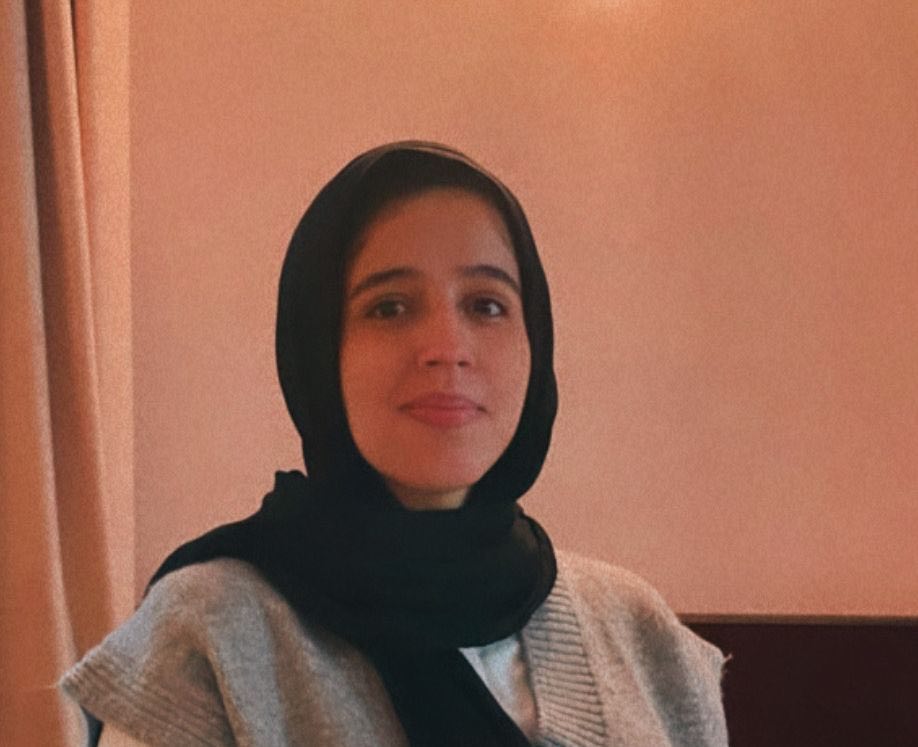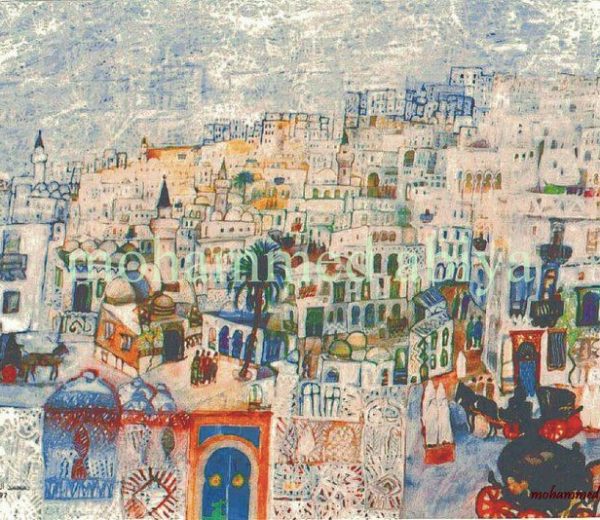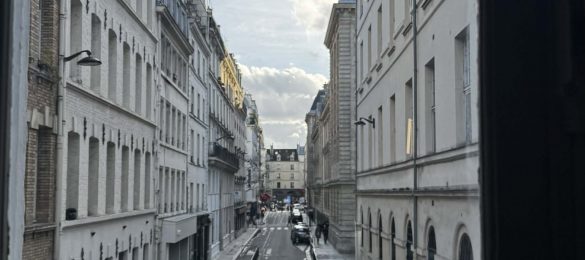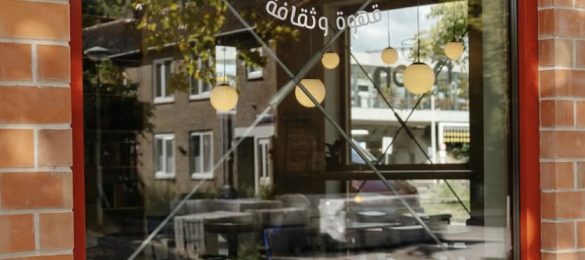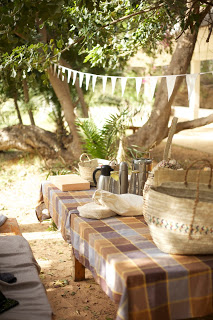
As the world is shifting towards focusing on the environment and that there is a great focus on human behavior, there is a global awareness on climate change and the impacts our activities have on the planet we live in. With the success of COP21. Libya, on the other hand, is still struggling to keep up with the transformation the world is making and the lack of awareness on top of the political well to make policy changes to be more compatible with how the world is running and how we must pay more attention to our environment and the practices we are adopting.
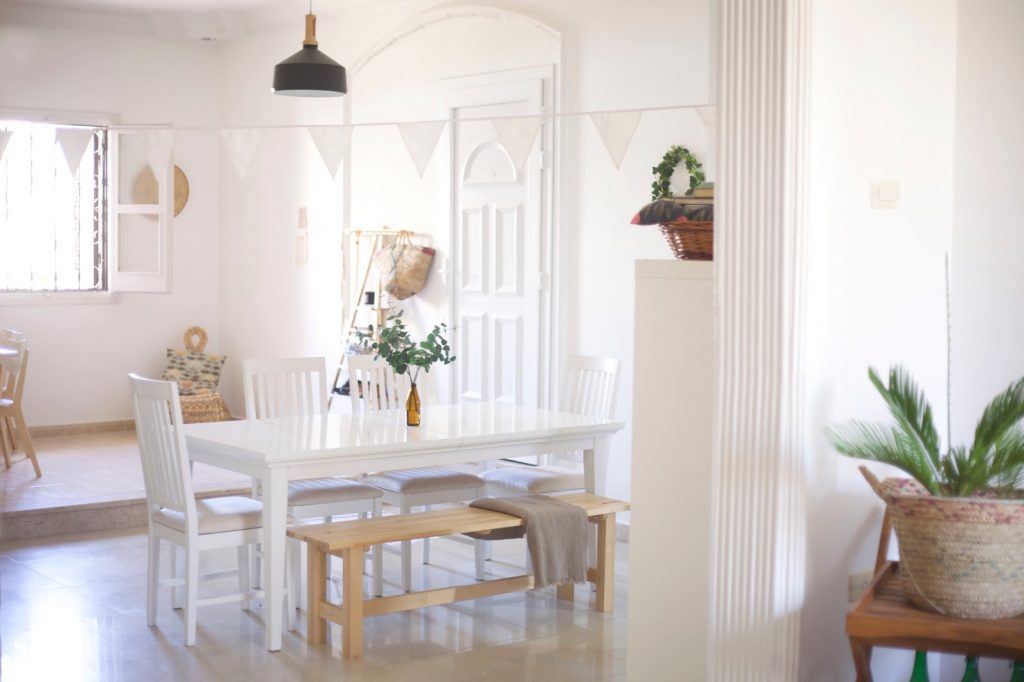
Although they were only 2 people, Amira, and her husband, housework was piling up and it was the time when she discovered minimalism. She noticed how minimal homes were simple yet refreshing. She got inspired because she was tired of constantly cleaning and organizing. She told me and I quote ”with minimalism you only live with what you value, and get rid of the rest. You don’t have to have everything.” You may not know this but Amira comes from two backgrounds. Both Libyan and British. She never felt that she had to be typically Libyan and wasn’t forced. When getting married, she made sure that her husband was not traditional. Thus, for her adopting this minimalist lifestyle was not hard on her family to cope with quickly. She took the extreme route of getting rid of everything. This started in 2014, she was intensely working and she was super excited when she did it. she felt lighter and things that she didn’t notice before became clearer. she felt more productive. Switching to minimalism reduced her workload and simplified life.
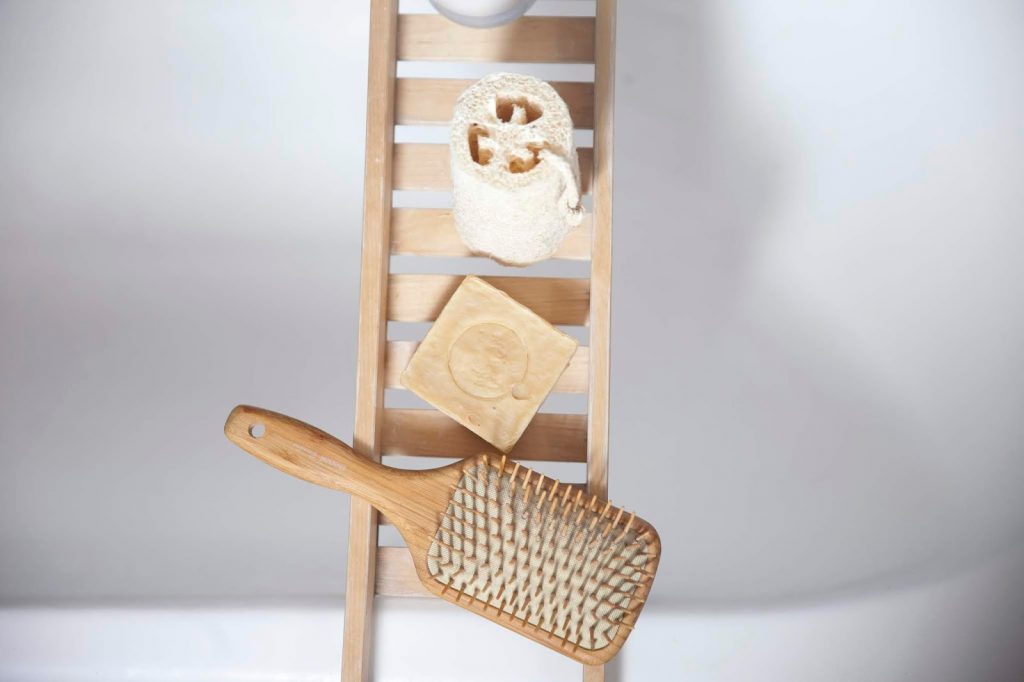
After months of doing this, they were still getting rid of a bin bag of trash a day and that was because they used to eat a lot and cook a lot, therefore, she was throwing out a lot of food. Amira felt guilty but she didn’t know what to do about it. One day, her husband was watching ”khawater”, a TV show on MBC, on this show.
They had a lady who was a minimalist but she didn’t live with any trash and the woman was going through her home showing and explaining how she didn’t produce any waste and Amira was fascinated. Her name is Bea Johnson from zero waste home. The idea of living in harmony with nature and the environment. it was a missing piece of her life.
They lived exactly the same wasteful day and she still didn’t know how to do the same as the lady from the show. With minimalism, she was able to reduce which is one of the 5 R’s in zero waste. she stopped using a lot of products and she ended up slowly eliminating all the products. She switched to reusable bags for shopping and she was sharing it all through her blog. That was when people suggested she does it as a campaign.
Hesitant to start she created a page on both Facebook and Instagram and even if it was small, she was determined to start this journey of change. Another thing to point out is the fact that she didn’t write in Arabic but she only used English as she couldn’t write well in Arabic. A girl named Hajar Hamouda contacted her to help her out and she suggested translating the captions to Arabic so it can reach more Libyans.
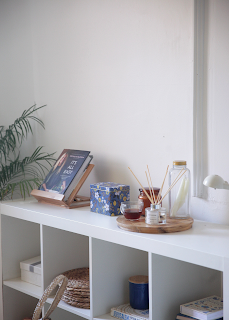
After that, she got many messages on how good the Arabic translation was and Amira was excited. However, she moved to Turkey and she tried to continue with the same lifestyle and mainly focusing on reducing not recycling and when she came back to Libya, people were mainly encouraging her and many reached out to help her with the project so she finally decided to move forward. Zero Waste Libya now has a team that includes over 20 people and still growing. She also told me ”if we grow fast, we might lose credibility and it is best to study our surroundings first and that the team is solid. We need to be firm in understanding our goals.” They are working on projects with international organizations. Noor Momen, Siraj Arab, and Rayan Abuamer who are representatives of the initiative and Hajer Hamouda is the social media coordinator, are working to make a tangible impact in the society. Research is an important part of this initiative. It is about studying and discovering more before making any big steps. They are still trying to do more research and they need to know more about problem areas. Also, there aren’t any statistics available and it is more like aiming in the dark but the more ”we know the more we realize the bigger the problem is” said Amira . It is important to point on the role of research in projects, in Libya, lack of statistics is now clear to young generations who are conducting research focused on Libya but numbers and facts are missing. This initiative is working to make companies aware of what is going on and they work with cafes to allow them to make zero waste orders. People don’t understand when Amira brought her own container or when she didn’t need a plastic bag because she was using Jute or hessian bags and they are super comfortable and they can contain many things. We shared the same thing when I was told that when I go to the supermarket without my Jute bag, I would hold the things in my hands and walk home. Anyway, the team went to popular cafes and they told them about the concept. They are also working with clinics. They are focusing on employees and showing them how they can reduce their waste so that businesses and companies take responsibility for their trash.
Zero Waste Libya does not promote recycling but mainly about reducing the trash we make and a lot of the trash we made is actually unnecessary. The old generation in Libyan used environment-friendly objects, such as ”Guffa قفة” when they were buying their vegetables and they put them inside it, and paper to buy spices and meat and it was the solution to how people lived their life until the industrial revolution introduced packaging and with time, packaging made things look better and Libyans are still celebrating packaging and foreign products are still considered sort of a luxury.
This has continued until today with packaged goods being glorified.
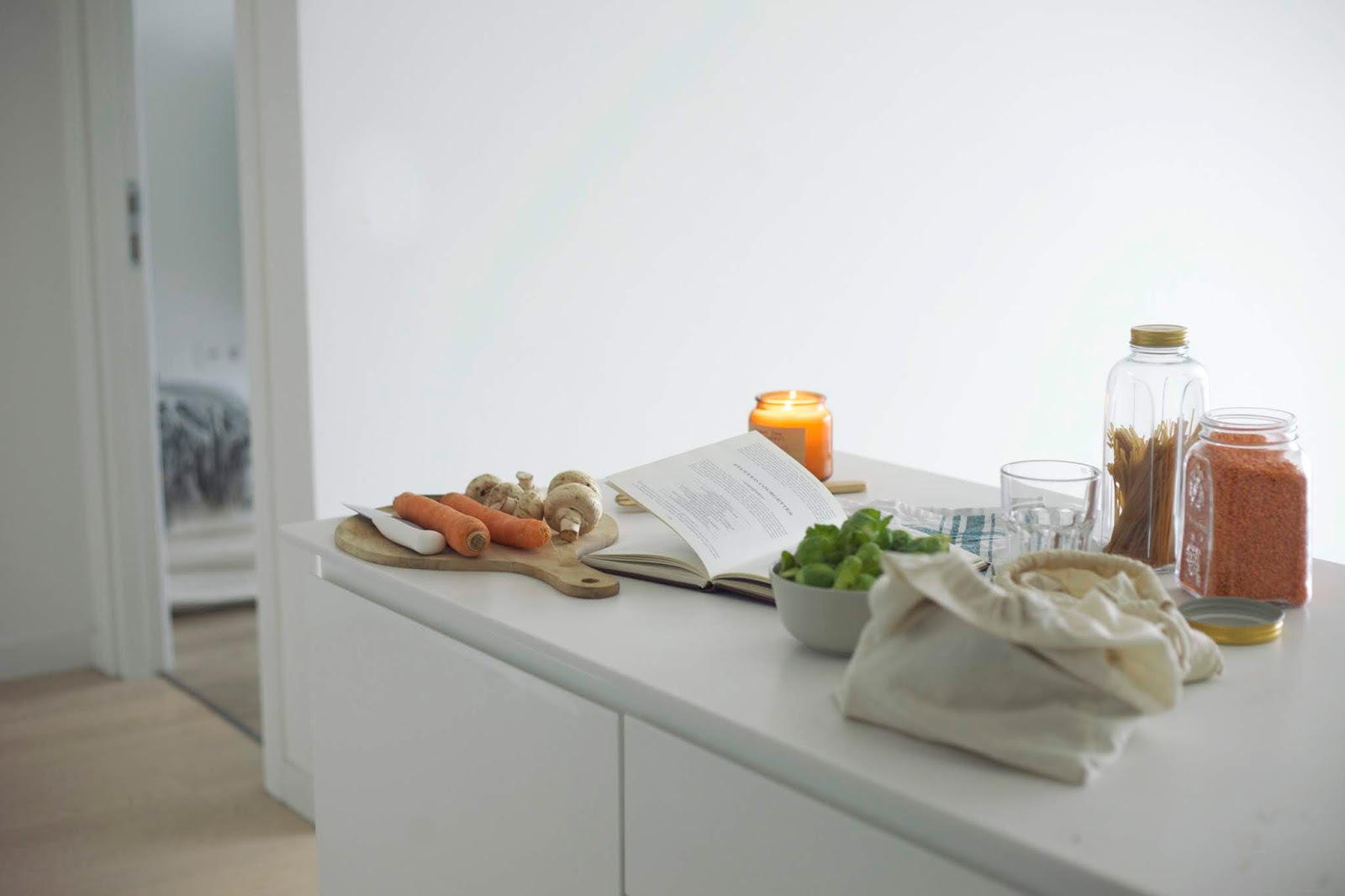
Amira is appreciative of all team members and I could tell from the way she spoke about them, and the work they are doing in this initiative. Genuine people in Libya exist and they put a lot of hope in Libya’s new generation. They care and want to create change. I loved it when she stressed on this sentence ”We can raise our standards of living”. We clean Libya and we can live in a better environ ment and she wanted that for every Libyan and that this country is worthy of having a better life and that they can be more productive. I asked her if she has any advice for people and Amirah replied, ”start with questioning” and for her, it was easy because her background was not traditional. she had an advantage and she could find resources but for regular Libyans, it is not easy to think outside of the box. For example, does it make sense that a bottle stays on earth longer than you? and something that you used for a few minutes ends up harming living creatures and the earth. Does it make sense to do that? it is a good way to start by questioning, just saying no to one thing a day is a big change and start with the simplest of things, for example, start with using reusable bottle and do what’s easiest for you, and watch other people that are inspiring and ”don’t be afraid to be different”.
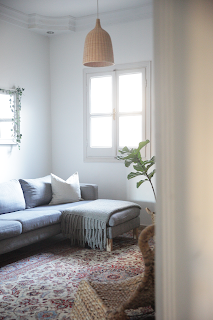
If just two people are doing it, this can turn into a community and focus on the opportunities rather than negative points (we talked about how she just started regardless of the negativity and things that you cannot change). Focus on things that you can do. Building a community of friends. she noticed that there are sweets unpackaged in Tripoli mall when she started to focus on positive things. she uses shampoo bars and you can use a reusable kit and use the things you have already. A lot of people ask where you bought this, you don’t need bamboo sticks when you can use metal ones and again, use what you already have. She has a friend who uses her mug to coffee shops and this made people think, this is a positive influence on members of the community. I would like to thank Amira for making this article a reality and for telling me the story of the Zero Waste Libya initiative. I am proud to have witnessed the expansion of this initiative and how it inspired me and others to change their habits and lifestyle. You can follow the initiative on Facebook at zerowastelibya which they have almost 4k likes and on Instagram at zerowastelibya with nearly 5k followers.
